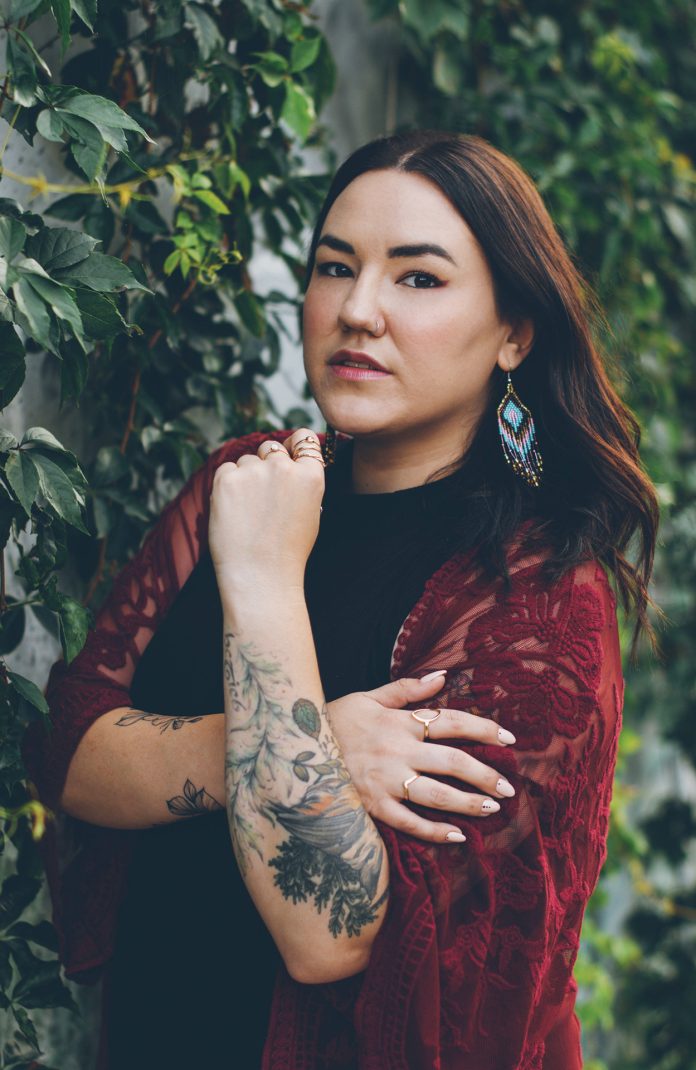By Miriam Felman
Throughout my life, books have always been how I learned about the world, allowing me to look into the lives of people whose experiences are different from mine. Both reading and writing fiction have also played a crucial role in validating my own experiences: Representation is profoundly important.
In the last few years, Nepean High School (NHS) has been making an effort to include diverse voices into our English courses. There is still a long way to go, but like some other Ottawa schools, as of last school year, NHS’ Grade 11 English courses focus on First Nations, Métis and Inuit voices.
I believe fiction to be a valuable tool for education, because when you follow a main character through a story, you truly get to know them. Unlike a chart of statistics or definitions, you get a chance to look into someone’s life and really see them — the pain and struggles they may face, but also their joy. Karen McBride, author of Crow Winter, believes joy is especially important when it comes to Indigenous stories.
Crow Winter is the Algonquin Anishinaabe author’s debut novel, and I recently had the pleasure of reading it and interviewing McBride about it.
Here are some highlights from the interview. The full interview can be found on Knightwatch, NHS’ online newspaper, at nepeanknightwatch.com.
Interview with Karen McBride:
Q: What role has writing played in exploring your identity as an Algonquin Anishinaabe woman?
A: I think it’s played a huge role in my understanding and accepting my Indigeneity. So much of what Canadian Literature deems to be worthy Indigenous stories are stories rooted in severe pain, trauma and Canada’s genocidal legacy. While those stories are desperately important, I find them to be only one small part of who we, as Indigenous people, are. In a way, I write (or try to) in opposition of that. I write stories with magic and mystery and characters who struggle because they are human and not because they’re disenfranchised. Indigenous people, like all people, deserve stories that show the beauty and power and joy of being ourselves. We are so much more than our traumas.
Q: Seeing yourself represented in art, and other forms of media, is so important in feeling comfortable with one’s identity, in giving us that integral sense of belonging. Where, besides your own writing, have you seen yourself represented in a validating way? How difficult is it to find this representation?
A: It used to be near impossible to see myself in other works of art. And while it’s getting better now, there is still a long way to go. I’m hopeful that I’ll get to see the day when Indigenous artists are household names. People like Alicia Elliott, Cherie Dimaline, Joshua Whitehead, Billy-Ray Belcourt, jaye simpson, Lindsay Nixon, Arielle Twist, Kaniehtiio Horn, Tanya Tagaq, Eden Robinson, Anna Lambe, and Michelle Latimer are creating powerful amazing things that are defining Indigenous excellence. If any of those names are new to you, I urge you to find and devour their work.
Q: At Nepean High School, our Grade 11 English classes now focus on Indigenous literature. How important do you think it is for students to read a variety of texts from different voices?
A: Reading, listening to, and watching an experience that is different from your own is one of the most important things you can do. It helps to build understanding and empathy. There’s so much beautiful work out there just waiting for you to discover it. Explore different writers from all kinds of genres as often as you can.
Q: Is there an Ottawa writing scene? Have you connected with Ottawa writers?
A: You bet! I actually connected with Ottawa writers when I was on my book tour. Back when we could go to in-person festivals, it was a great way to meet other writers. One of the best parts of the Ottawa writing scene is the Ottawa Writers Festival. I’ve been a part of their festival two years in a row now — first as a visiting author and then as a host — and I’ve loved every part of it.
Also, the Ottawa Public Library is just lovely. They organize all kinds of events throughout the year that are worth checking out if you want to get to know other writers, authors, and book lovers.
Q: Lastly, what advice do you have for other writers? Young, or older.
A: Write what fills you with joy. Come away from your writing sessions excited because what you’ve created is something worth loving. That[,] and make sure you edit and then edit again. Seriously, editing never ends.
